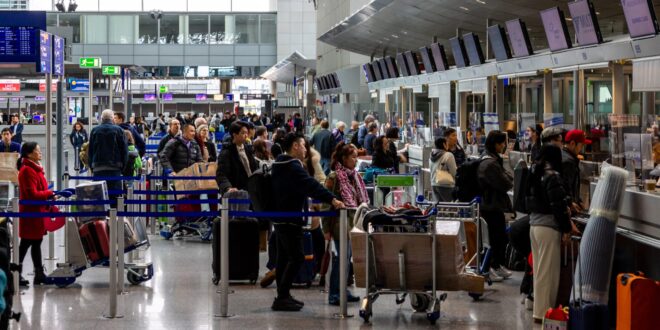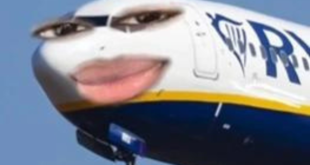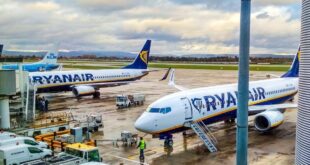Airport workers have reacted to claims that they are responsible for the waves of cancellations and delays that have brought summer travel in Europe to a standstill.
Instead, in an scathing, new report, the airlines were accused of pushing the system beyond its limits by trying to run with skeleton personnel and constant cutting corners.
The European Transport Workers’ Federation says that flight disruptions are not caused by strikes by its members, but rather by staff shortages, unrealistic schedules and years of cost cutting by airlines and air traffic controllers.
READ MORE Ryanair reaches record passenger numbers in Spain, despite airport closures and regional airport closures
It cites ‘absurd turnaround times’ – some as low as 25 minutes between landing and takeoff – are creating a domino effect of delays, while skeleton staffing levels at every stage of the journey leave no margin for error, the report claims.
The union claims that strikes and delays are likely to increase if there is no urgent investment made in the people of the airline and better regulation on their practices.
Air traffic strikes in Spain, France and Germany have grounded hundreds of flights over the past few weeks and left holidaymakers stranded. However, workers claim that they are being used as scapegoats.
READ MORE Spain surpasses Germany as the EU’s top asylum destination
Eurocontrol data quoted in the report shows that only 2,35 minutes of the 21-minute average flight delay last year were due to issues with air traffic capacity.
The airline’s efforts to cut costs caused many delays.
The disruption in Spain has been especially severe. In the last week, there were dozens of flight cancellations or delays at Malaga airports and Palma airports in Barcelona.
Budget carriers have been forced to cancel services on short notice. Families are either missing out on holidays or paying for alternate travel.
READ MORE MISSING PERSON : American reported missing while hiking in Pyrenees, Spain
ETF claims that the greater picture is ignored.
“There’s a structural shortage in Europe of air traffic controllers, ground staff and other support personnel,” warned the federation. “The EU cost-efficiency goals have prevented investment in recruitment and staff retention for many years.”
It also criticised the EU’s reliance on automation, noting that €1.3 billion of public money has gone into high-tech systems that have failed to deliver the promised results.
The report is blunt: “The bet made on technology failed.”
Travel News by The Olive Press.
 Costa News Spain Breaking News | English News in Spain.
Costa News Spain Breaking News | English News in Spain.






